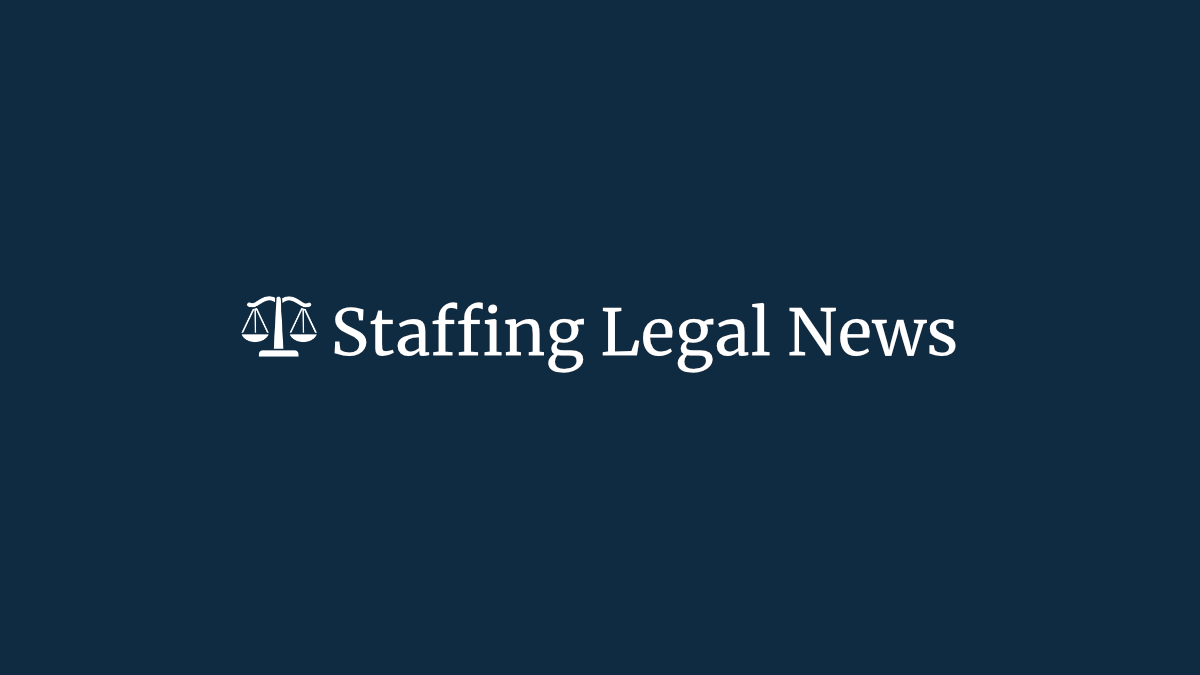Pennsylvania Federal Court Upholds FTC's Non-Compete Ban
Ruling conflicts with Texas court ruling - final outcome still undetermined
As previously reported here, there are two pending federal court lawsuits challenging the Federal Trade Commision's rule banning non-compete agreements in the United States. Background here:

A third suit was recently filed in Florida, but it is not likely to be heard before the rule goes into effect on September 4, 2024. In the above story, I boldly (or foolishly - time will tell) predicted that the FTC's regulation would not survive legal challenges. Round one went to me (sort of) when, in the first case to be heard, a Texas judge found the rule to be unlawful:

However, still pending is the question of whether the Texas court will issue a national injunction against enforcement covering all U.S. employers, or just maintain the local injunction that is only applicable to the parties in that case. The Court has promised a ruling before the rule goes into effect on September 4th.
In the latest development, last week a federal judge in Pennsylvania came to the opposite conclusion, ruling that the regulation was within the FTC's powers to issue and refusing to enter any injunctive relief. It is this sort of conflict that the Supreme Court was created for, although it could be quite a long road before this issue gets there, potentially leaving U.S. employers in a pickle. You see, the regulation requires employers to notify their employees that their noncompete are no longer enforceable, and even contains a "model" example of a conforming notice:

If the issue is still in limbo on September 4th, employers will have to make some decisions. The time to start planning, in association with counsel, is now. One question is whether the above notice (or equivalent, the model wording is not mandatory) can be qualified with a statement that the regulation is being challenged in court and if it is overturned:

The good news for employers is the FTC's rule is limited to traditional non-competes and does not address non-solicitation/non-dealing provisions or confidentiality/trade secret provisions which, when carefully crafted, can be quite effective to protect against unfair competition. Again, guidance by experienced counsel is imperative - state laws covering restrictive covenants are not affected by the rule.


Member discussion